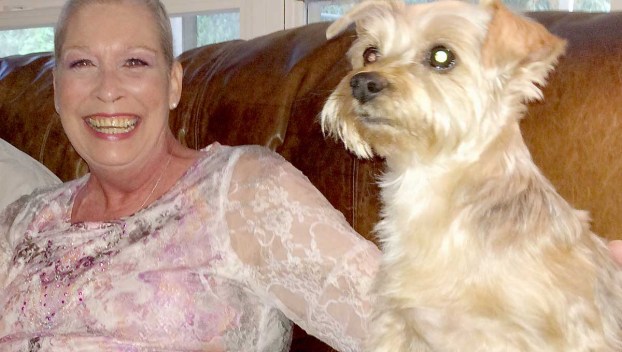
Community
When hope fades, family comes first
Ginger Bell’s granddaughters came home from school and dropped their bags in the foyer. Emily and Jorie quietly ... Read more

Ginger Bell’s granddaughters came home from school and dropped their bags in the foyer. Emily and Jorie quietly ... Read more